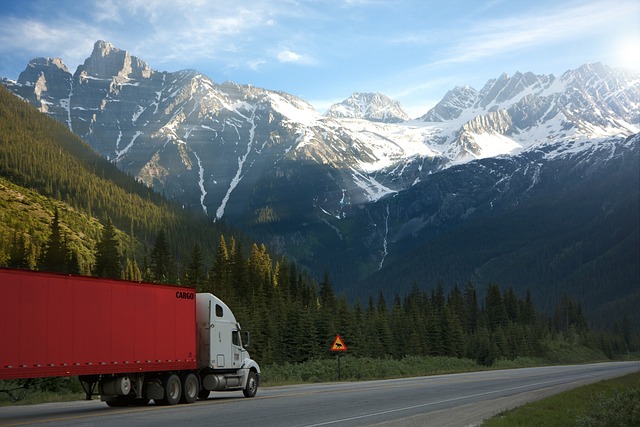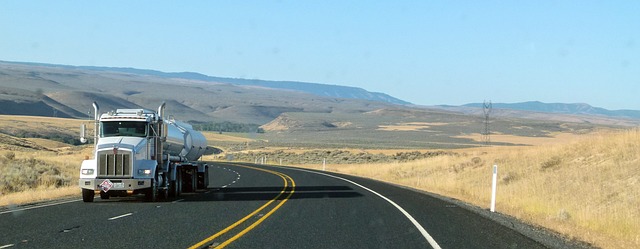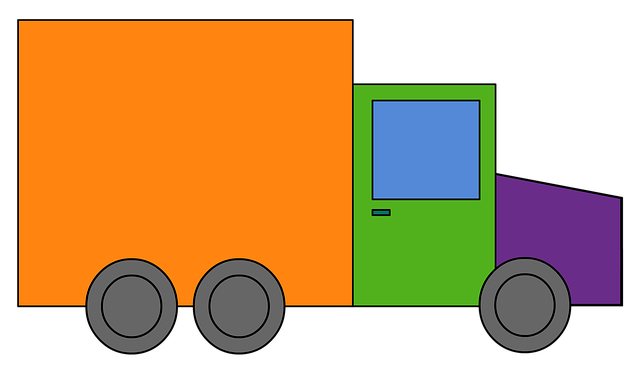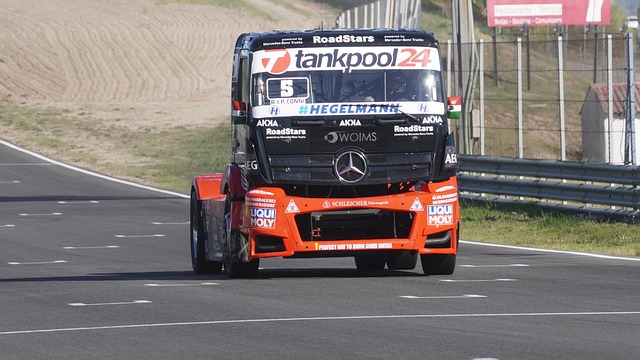New truckers seeking reliable protection in a demanding industry must prioritize securing adequate liability insurance. Affordable options for startup truckers and small fleets provide comprehensive coverage against risks like cargo liability and accidents, enabling safe operations and financial stability. By comparing quotes, considering tailored policies, and understanding key components like primary liability and cargo coverage, new drivers can navigate the insurance landscape effectively, ensuring both business continuity and peace of mind on the road.
Starting your trucking career comes with many exciting challenges. One crucial aspect often overlooked is understanding liability insurance for new truckers. This comprehensive guide aims to demystify the fundamentals of trucking liability insurance, offering insights into why it’s essential, the various types available, and how to find affordable coverage as a startup trucker or small fleet owner. We’ll also break down primary liability insurance and cargo coverage, ensuring you’re prepared for the road ahead.
Why Is Liability Insurance Crucial for New Truckers?

For new truckers entering the demanding world of commercial trucking, securing adequate liability insurance is non-negotiable. It serves as a critical safety net, shielding them from potentially devastating financial repercussions arising from accidents or damage to cargo. With every journey, new drivers face risks that can result in lawsuits and costly claims, making reliable liability coverage for truckers an absolute necessity.
Affordable trucking liability insurance specifically tailored for startups and small fleets offers comprehensive protection against various risks inherent to the profession. This includes cargo liability coverage, which protects against losses or damages to the goods being transported, as well as primary liability insurance, ensuring drivers are covered in case of accidents causing property damage or personal injuries. Having such policies in place enables new truckers to focus on safe driving and efficient operations while mitigating potential financial risks.
Understanding Different Types of Liability Coverage

For new truckers, navigating the world of liability insurance can seem like a daunting task. It’s crucial to understand that liability insurance protects against financial loss if your vehicle causes damage or injury to others. Different types of liability coverage cater to various aspects of commercial trucking. Among these, primary liability insurance is a foundational policy that covers direct and indirect costs resulting from accidents involving your truck and cargo. This includes medical expenses for injuries sustained by others and property damage claims.
Affordable trucking liability coverage options are available for startups and small fleets, allowing new drivers to secure protection without breaking the bank. Cargo liability coverage is another essential consideration, as it protects against losses related to damaged or stolen goods during transportation. Understanding these different policies empowers new truckers to make informed decisions, ensuring they have the appropriate level of protection on the road, thereby safeguarding their financial well-being and business sustainability.
How to Find Affordable Trucking Liability Insurance

Finding affordable trucking liability insurance as a new trucker can seem daunting, but there are several strategies to ensure you get the best coverage at a price that won’t break the bank. Start by comparing quotes from multiple insurance providers. Utilize online platforms and tools designed for commercial vehicle insurance shopping, which allow you to input your information once and receive tailored offers from various companies. This saves time and ensures you’re considering options from a wide range of insurers.
Additionally, explore specific policies designed for new drivers or small fleets. Some carriers offer discounted rates for young or newly licensed truckers, recognizing the increased risk during the learning phase. Look into “primary liability insurance,” which covers the most basic aspects of commercial trucking liability. This type of policy can serve as a solid foundation, and you can later customize your coverage based on your specific needs, such as cargo liability, to ensure comprehensive protection while keeping costs manageable.
Navigating Primary Liability Insurance and Cargo Coverage

For new truckers looking to navigate the complex world of insurance, understanding liability insurance and cargo coverage is paramount. Primary liability insurance, a staple for any commercial trucking operation, protects against claims arising from accidents involving your vehicle or its cargo. This includes damages to property and personal injuries sustained by others. When choosing an affordable trucking liability coverage option, consider your fleet size and specific needs. For small fleets or startups, tailored policies can offer comprehensive protection at a reasonable cost.
Cargo liability coverage is an additional layer of protection that safeguards against losses incurred due to damage, theft, or loss of goods during transport. This becomes especially crucial as truckers expand their operations and carry more valuable cargo. By understanding these key components, new drivers can make informed decisions when selecting insurance plans that offer both financial security and peace of mind on the road.
For new truckers, navigating the world of liability insurance can seem daunting, but understanding these fundamentals is crucial for both personal protection and business continuity. By familiarizing themselves with different types of coverage, including primary liability insurance and cargo protection, startup truckers can find affordable options tailored to their needs as they build their small fleets. Investing in comprehensive commercial trucking liability insurance isn’t just about meeting legal requirements; it’s a vital safety net that ensures new drivers are protected against potential risks and financial burdens on the road ahead.
